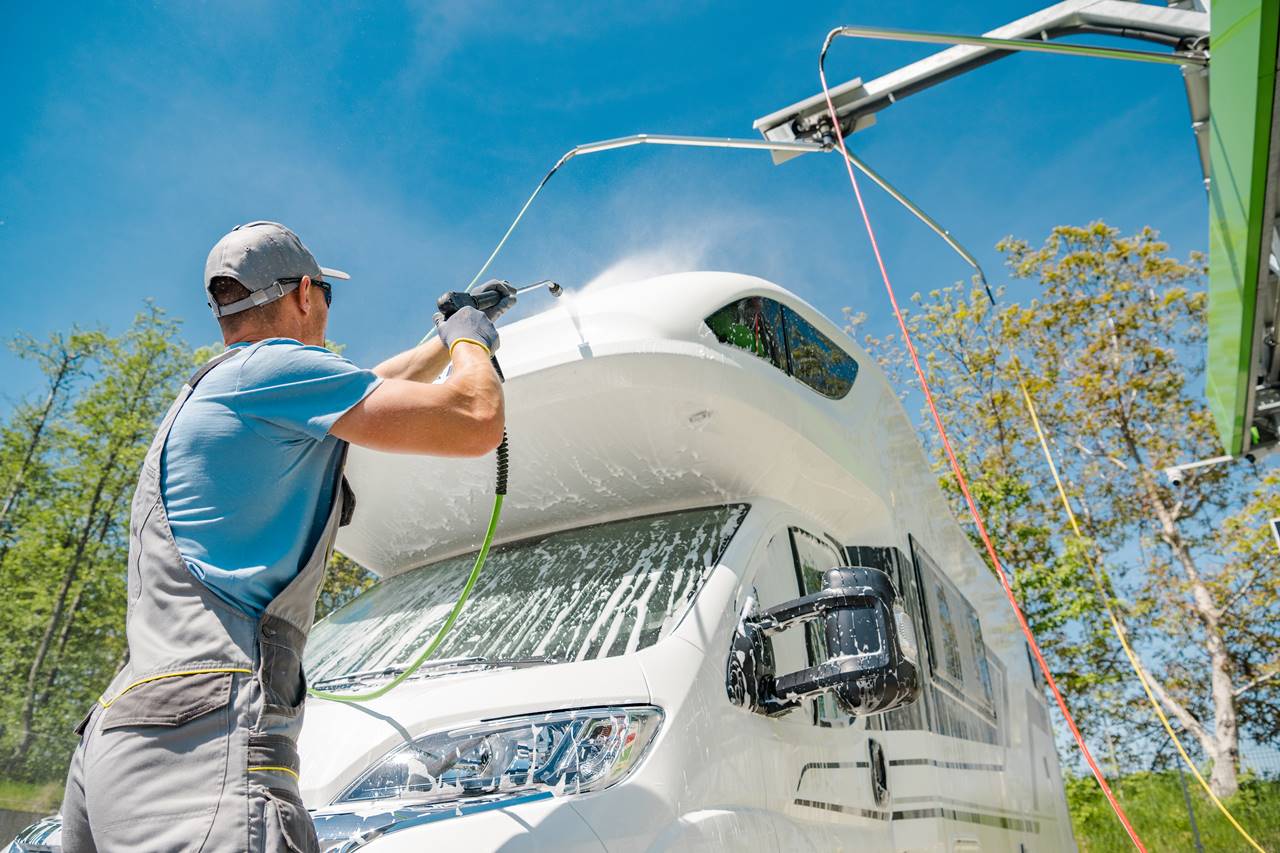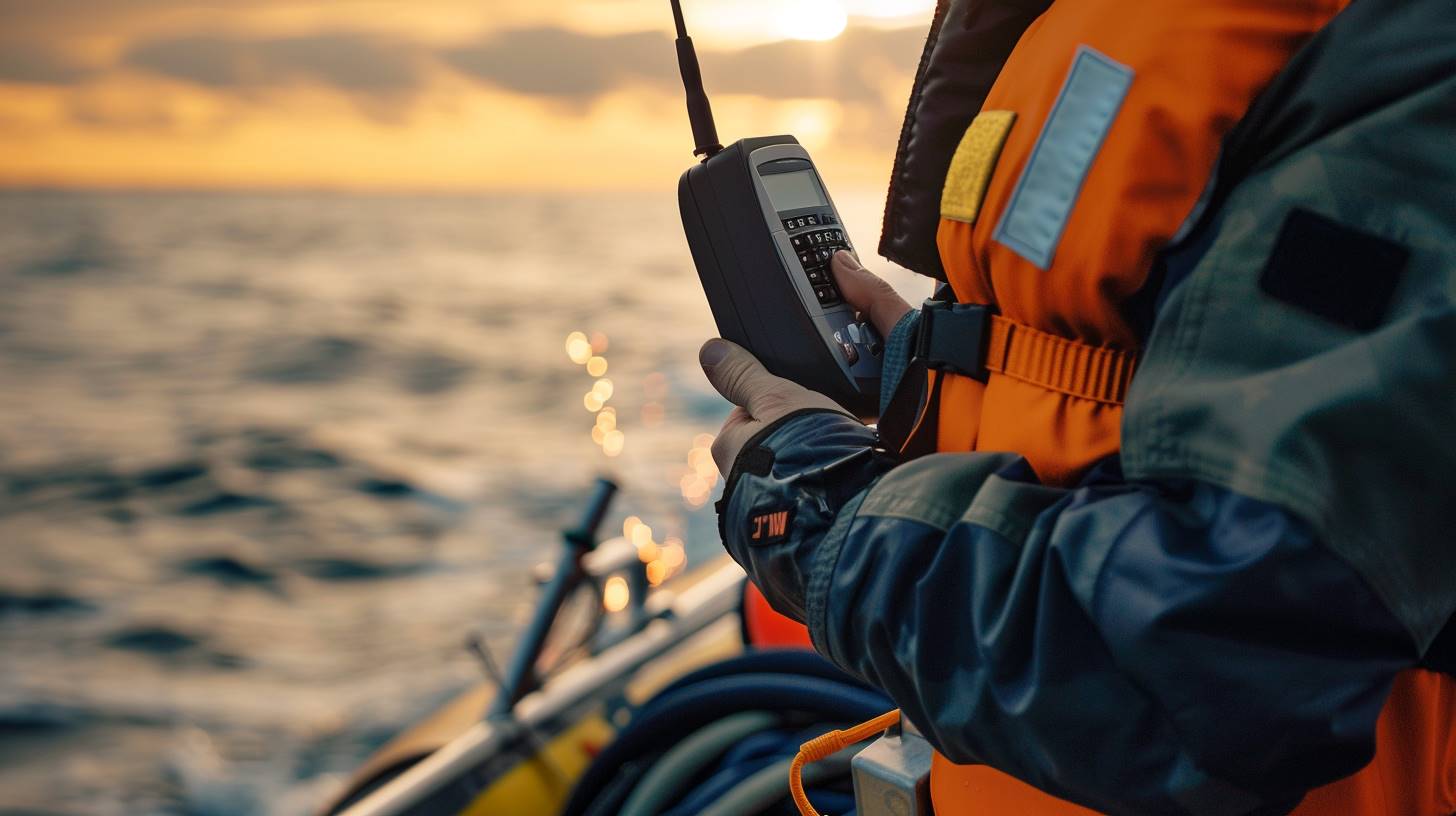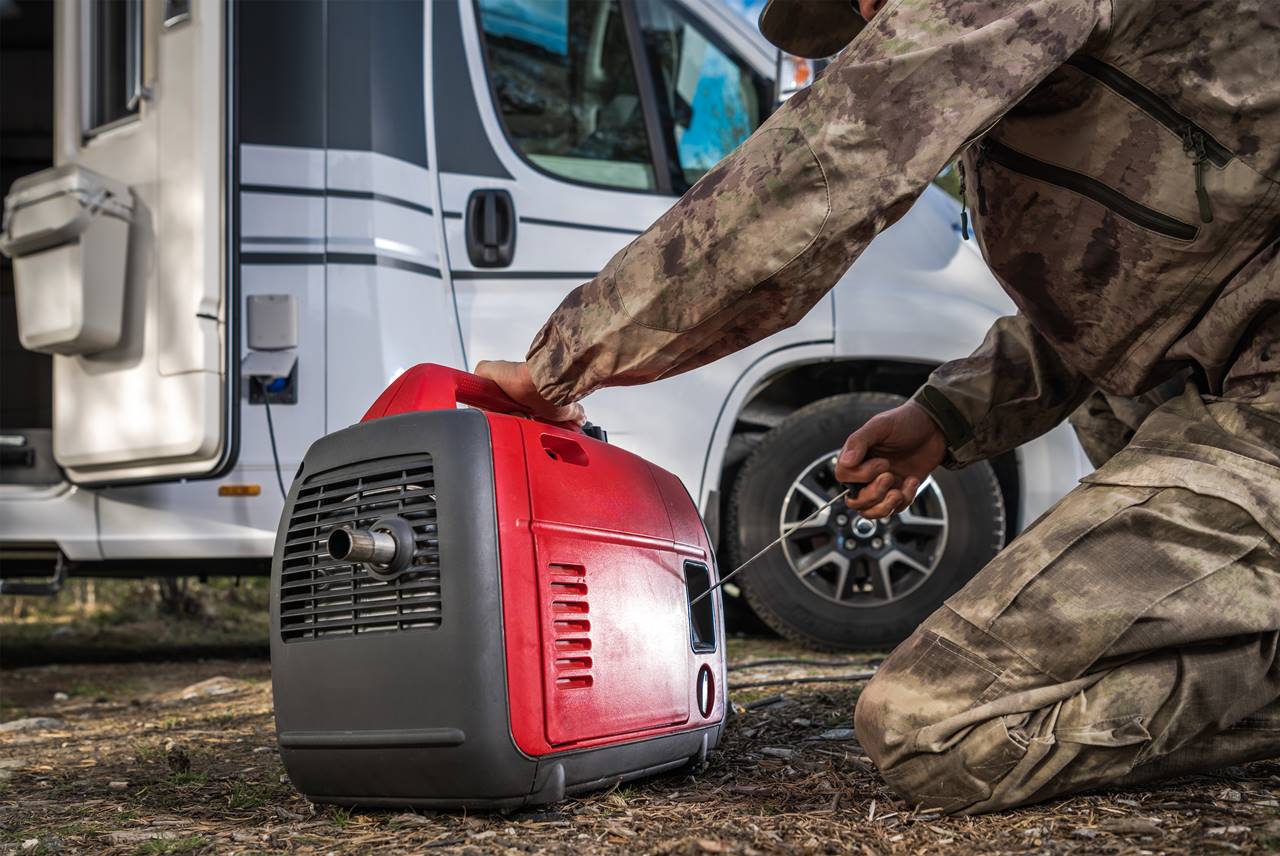Owning a boat is a source of immense joy, but it also comes with responsibilities. Regular maintenance is key to keeping your vessel in top shape, ensuring safe and enjoyable voyages, and avoiding costly repairs down the line. While some tasks are best left to professionals, many essential maintenance jobs are simple enough to tackle on your own. Roll up your sleeves and save some money with this guide to DIY boat maintenance.
Basic Exterior Care
- Regular Washing: Saltwater and grime can wreak havoc on your boat's finish. Wash it frequently using a marine-specific soap and soft brushes. Give extra attention to stubborn areas like the waterline.
- Waxing: A coat of wax every few months protects the gelcoat, keeps it shiny, and makes future cleanings easier.
- Inspecting for Damage: Look for any cracks, chips, or blisters in the hull, which need immediate attention to prevent water intrusion.
Below the Waterline
- Zincs: Check your sacrificial zincs – they protect other metal parts from corrosion. Replace them when significantly eroded.
- Propeller: Inspect the propeller for damage. Clean off any marine growth that can create an imbalance.
- Outdrives (if applicable): Check fluid levels in outdrives, change oil annually, and look for signs of leaks.
Engine Essentials
- Oil Changes: Follow your engine manual's recommended intervals. It's one of the most important maintenance tasks you can do.
- Filters: Replace fuel filters and water separators to ensure clean fuel flow to your engine.
- Belts and Hoses: Inspect for cracks, wear, or looseness. Replace when damaged.
- Flushing: If using your boat in saltwater, flush the engine with fresh water after every use to remove salt residue.
Interior TLC
- Mildew Prevention: Boats are prone to mildew. Use moisture absorbers and keep areas ventilated. Thoroughly clean any signs of mildew immediately.
- Upholstery: Clean and protect vinyl seats with marine-specific products to prevent cracking and fading.
- Bilge Area: Keep the bilge clean and dry. Check bilge pumps for proper functioning.
Additional Considerations
- Documentation: Maintain a maintenance log of tasks performed and dates. This helps track your boat's history and aids in future troubleshooting.
- Owner's Manual: Your boat's owner's manual is your best resource for specific maintenance instructions.
- Know Your Limits: If in doubt about a particular task, don't hesitate to seek help from a qualified marine mechanic.
The Rewards of DIY
Doing your own boat maintenance not only saves you money but also deepens your understanding of your vessel's systems. That knowledge can be invaluable when facing unexpected issues out on the water.
Important Note: Always use appropriate safety gear, such as gloves and eye protection, when working on your boat. Familiarize yourself with the safe operation of any tools needed.




